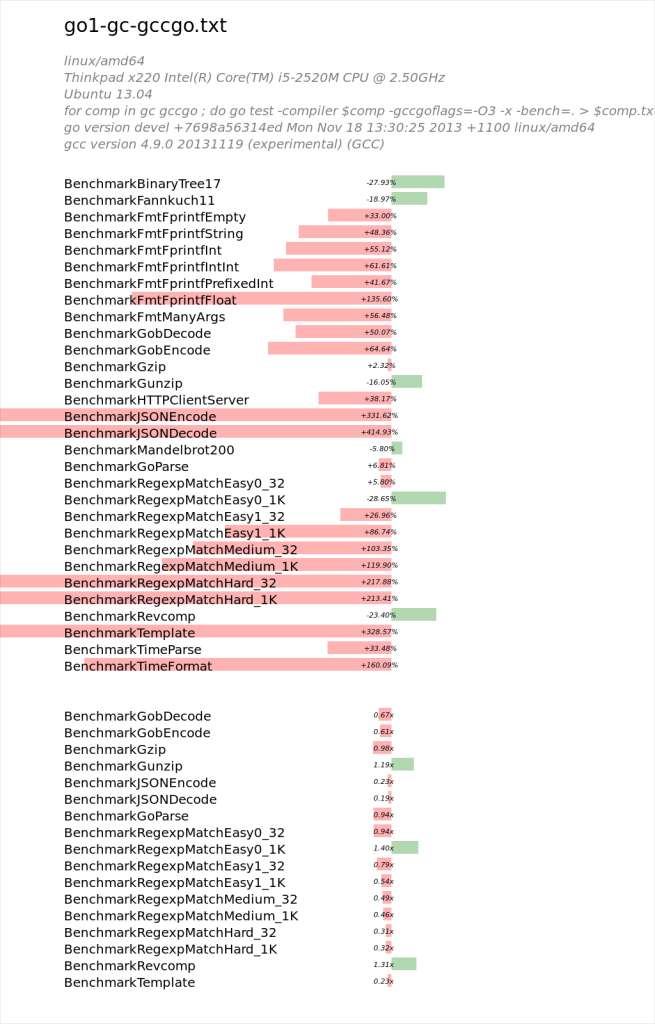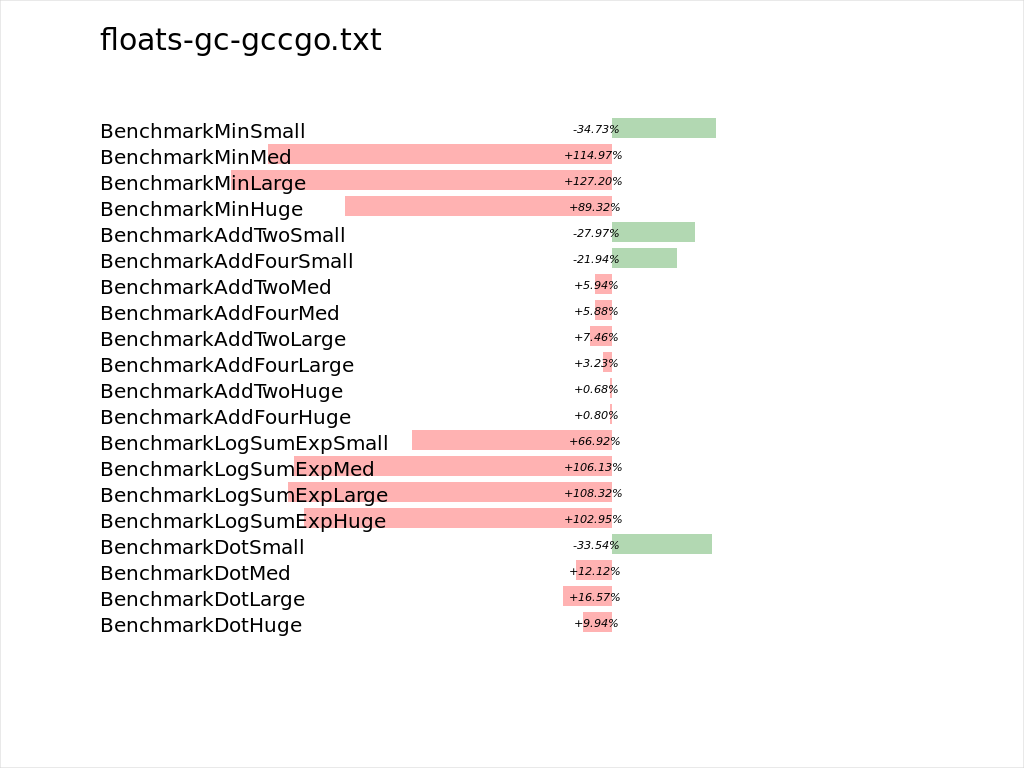The port of Juju to Go is a project I’ve been involved in at Canonical for some time now. The power behind Juju is charms, which are part configuration management and part reliable workflow engine.
One non-conventional use of Juju is something I cooked up a while ago when traveling, a Juju charm that compiles gccgo. This charm can be used to compile gccgo on a powerful instance in your cloud rather than on your puny laptop without having to worry about finding all the various dependencies that a modern gcc build requires.
The gccgo charm encapsulates all the instructions in http://golang.org/doc/install/gccgo, all you need to do is deploy it and wait for the result.
Getting started
To get started using the gccgo charm, checkout my charms repository from GitHub.
% cd $HOME
% git clone https://github.com/davecheney/charms
Bootstrap a juju environment
Each Juju service (an instance of a charm) needs to be deployed into a running environment. I’ve bootstrapped an environment on Amazon AWS as they have a nice 8 core machine which will get the job done quickly.
% juju bootstrap -e ap-southeast-2
Deploying the gccgo charm
The next step is to deploy an instance of the gccgo charm from my local charm repository. By default Juju requests the equivalent of an m1.small so we use a deploy time constraint to request a machine with a larger number of cores. The gccgo charm automatically adjusts itself to use all CPUs on the target machine.
% juju deploy --constraints "cpu-cores=8" --repository $HOME/charms \
local:raring/gccgo
Monitoring the status of the build
All the magic of the build phase takes place in the hooks/start hook, so the build will stay at installed until the build completes (or fails).
% juju status gccgo
environment: ap-southeast-2
machines:
"1":
agent-state: started
agent-version: 1.15.0.1
dns-name: ec2-54-253-4-102.ap-southeast-2.compute.amazonaws.com
instance-id: i-22c92a1e
instance-state: running
series: raring
hardware: arch=amd64 cpu-cores=8 cpu-power=2000 mem=7168M root-disk=8192M
services:
gccgo:
charm: local:raring/gccgo-12
exposed: false
units:
gccgo/0:
agent-state: installed
agent-version: 1.15.0.1
machine: "1"
public-address: ec2-54-253-4-102.ap-southeast-2.compute.amazonaws.com
You can also monitor the output of the build process itself using the juju debug-log command.
Grabbing the results
The gccgo charm has a number of configuration variables you can use to tweak the build process if necessary. The gccgo charm produces a tarball as its final result once the service moves to started state.
% juju get gccgo
charm: gccgo
service: gccgo
settings:
prefix:
default: true
description: gccgo build prefix
type: string
value: /opt/gccgo
tarfile:
default: true
description: gccgo final tarball
type: string
value: /home/ubuntu/gccgo.tar.bz2
work:
default: true
description: gccgo build directory
type: string
value: /home/ubuntu/work
Now we know the location of the tarball, we can use the juju scp command to fetch it.
juju scp gccgo/0:/home/ubuntu/gccgo.tar.bz2 /tmp
Cleaning up
8 core virtual machines don’t come cheap, don’t forget to destroy this environment (or at least destroy the service and remove the machine) once you’re done.
# destroy service and remove build machine
% juju destroy-service gccgo
% juju destroy-machine 1 # from the output of juju status above
# or destroy the environment
% juju destroy-environment -y

